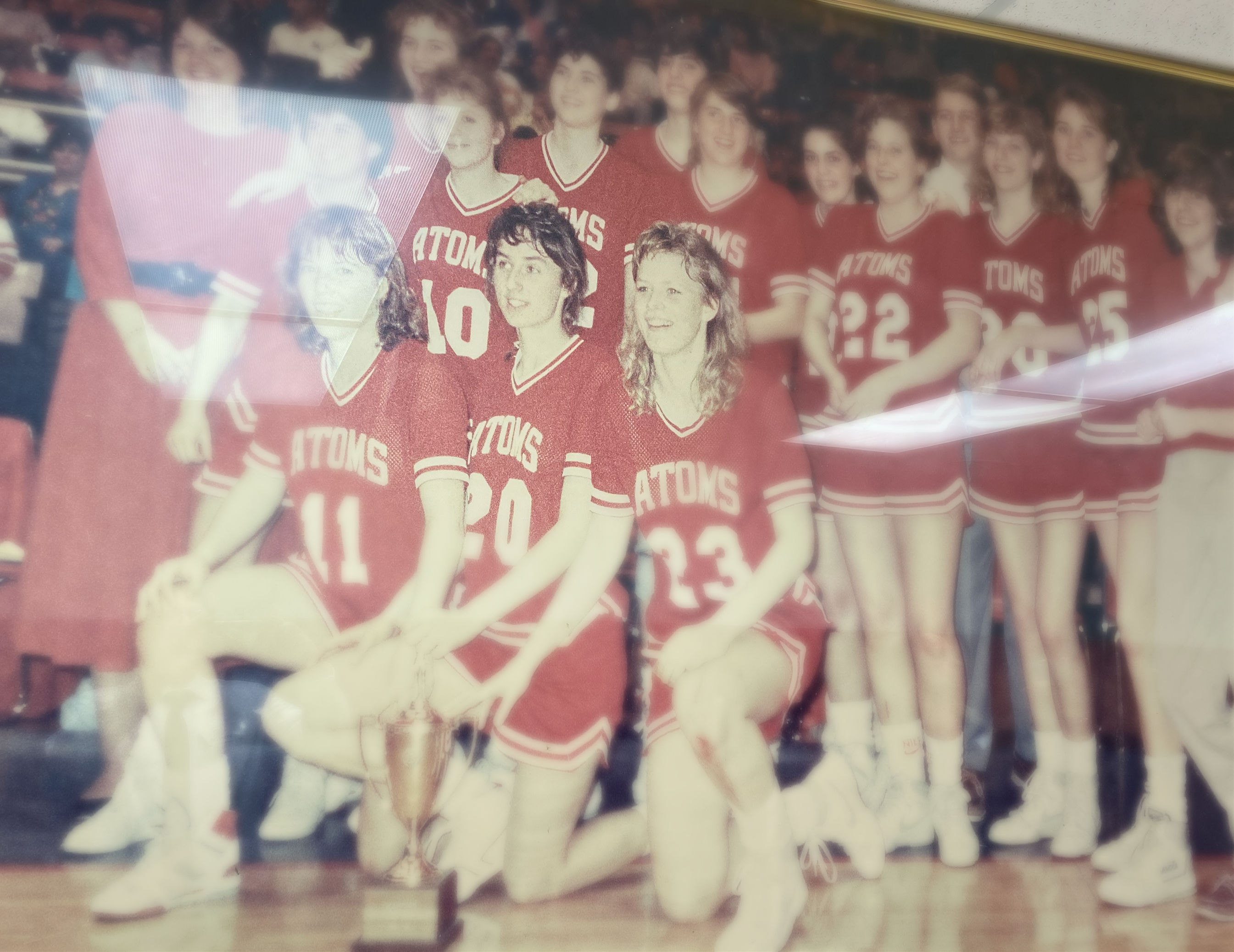
Playing Not To Lose Instead Of Playing To Win
Playing Not To Lose Instead Of Playing To Win. I was a very good basketball player. I was a captain and starter on my high school team that won a State Championship. I earned a Division 1 scholarship. But you know what bothers me to this day? I could have been better. But I was too often playing not to lose instead of playing to win.
What did this look like? It’s probably a little different for everyone. But for me, it meant that I would do everything asked of me, do it well, and play hard. But when it came down to it, I didn’t want the ball in my hands for the last shot to win the game, and I didn’t want to score 40 points a game. I wanted to live in the shadows of greatness by not risking too much, thereby not gaining too much either. In other words, I wasn’t willing to risk being the a**hole for a chance to be the hero.
The Anson Dorrance Approach to Coaching Girls
When I had a hot hand and my shots were falling, I passed the ball more. I didn’t like the attention; I didn’t want to be a ‘ball hog.’ I didn’t have that burning desire or need for the glory. And I didn’t want my teammates to think I was selfish. I was just fine, thank you, being good. But not great.
To be a great player, you can’t fear failure.
Ashley Merriman writes in Top Dog: The Science of Winning and Losing, “Playing to win means focusing on success, whereas playing not to lose focuses on preventing mistakes.” I think it’s easy to switch into that playing-not-to-lose mentality,” Merryman says, “but if you want to grow, if you want to challenge yourself, if you want to innovate, you have to force yourself to be playing to win.”
Playing not to lose is a close friend of fear of failure. Children playing not to lose are often more focused on avoiding mistakes than making plays. This means they’re less likely to take chances or put themselves in positions where they could fail. While avoiding failure seems like a good idea, it can hinder progress. Failure is an essential part of sports and life; our children must learn how to handle it.
So WHY are so many of us afraid to be great?
Is it a developed flaw or a character trait you’re born with? Is it a sports thing or an overall personality thing? And can we do anything to change it? And what can parents to do help or hinder in this area?
There’s no simple answer.
Check out ‘Top Dog: The Science of Winning and Losing”. They dive deep into what makes someone want to win; they discuss gender differences, the worrier (not warrior) gene, how having a home advantage can affect a winning mentality, and so much more. I highly recommend it. But on a less scientific level, try to teach your kids to embrace failure and STOP overpraising them.
Carol Dweck has written several great books about this subject.
Dweck studies human motivation. Why people succeed (or don’t) and what’s within our control to foster success. Your view of yourself can determine everything. If your kid believes that their qualities are unchangeable — the fixed mindset, I‘m great at math or bad at math, or I’m a natural athlete instead of I’m a hard worker, then it’s much more difficult to improve and grow. When kids receive praise about their skills and talents – and not their effort – they spend a lifetime looking for affirmation and avoiding situations that don’t affirm them. I.E., anything hard or difficult.
In a study Dweck did, students who were told they were good at math avoided taking any of the challenging tests offered, whereas the group that was told they worked hard at math wanted to challenge themselves continually. The first group would rather not try, than face the risk of failure.
New research shows that it’s also the way a parent reacts to a child’s failure that conveys this mindset. If parents react negatively, or if they rush in or are anxious and reassure the child, “Oh, not everyone can be great at scoring, don’t worry, you’re good at other things,” the child takes in the information as if this is a problem and it’s fixed. It is who they are. But if the parent reacts to a child’s failure as though it’s expected and a positive that enhances learning, asking, “Okay, what is this teaching us? Where should we go next? Should we talk to the coach about how to improve in this area? Then the child comes to understand that abilities can be developed. We can still learn from our mistakes.
In conclusion, don’t wait!
Teaching your kids to embrace failure early on in life is key. Don’t wait until they start sports. Failure is our greatest teacher. And on the flip side, encourage your child to embrace their talent and gifts and to never dummy it down to make others feel better. Leave it all out on the floor so there are no regrets.
More articles on Ilovetowatchyouplay.com like this one:
My Daughter Quit Sports, And This Is What Youth Sports Parents Need To Know
9 Habits of Highly Effective Team Players
Are We Doing Too Much For Our Athletes?
Youth Sports Parents Come To Your Senses
There’s Something Different About High School Sports











